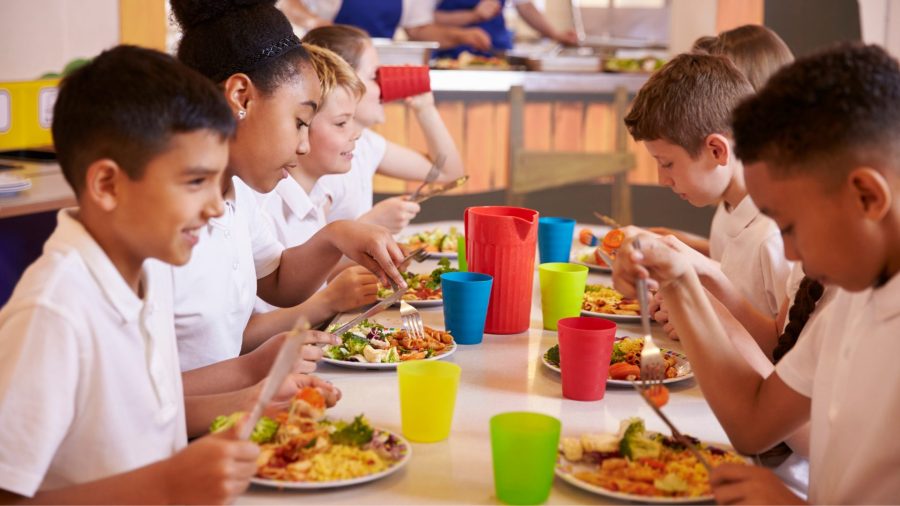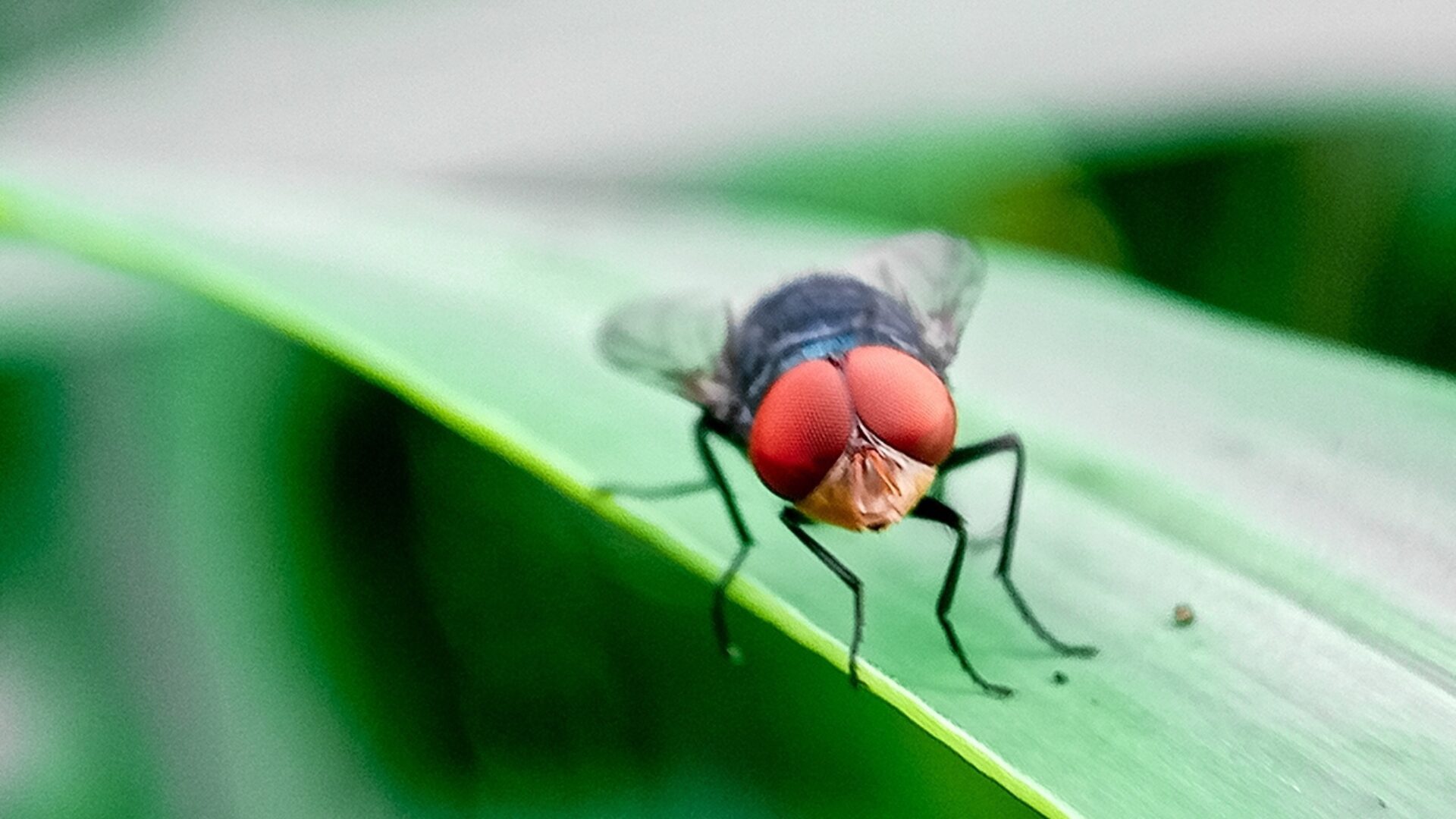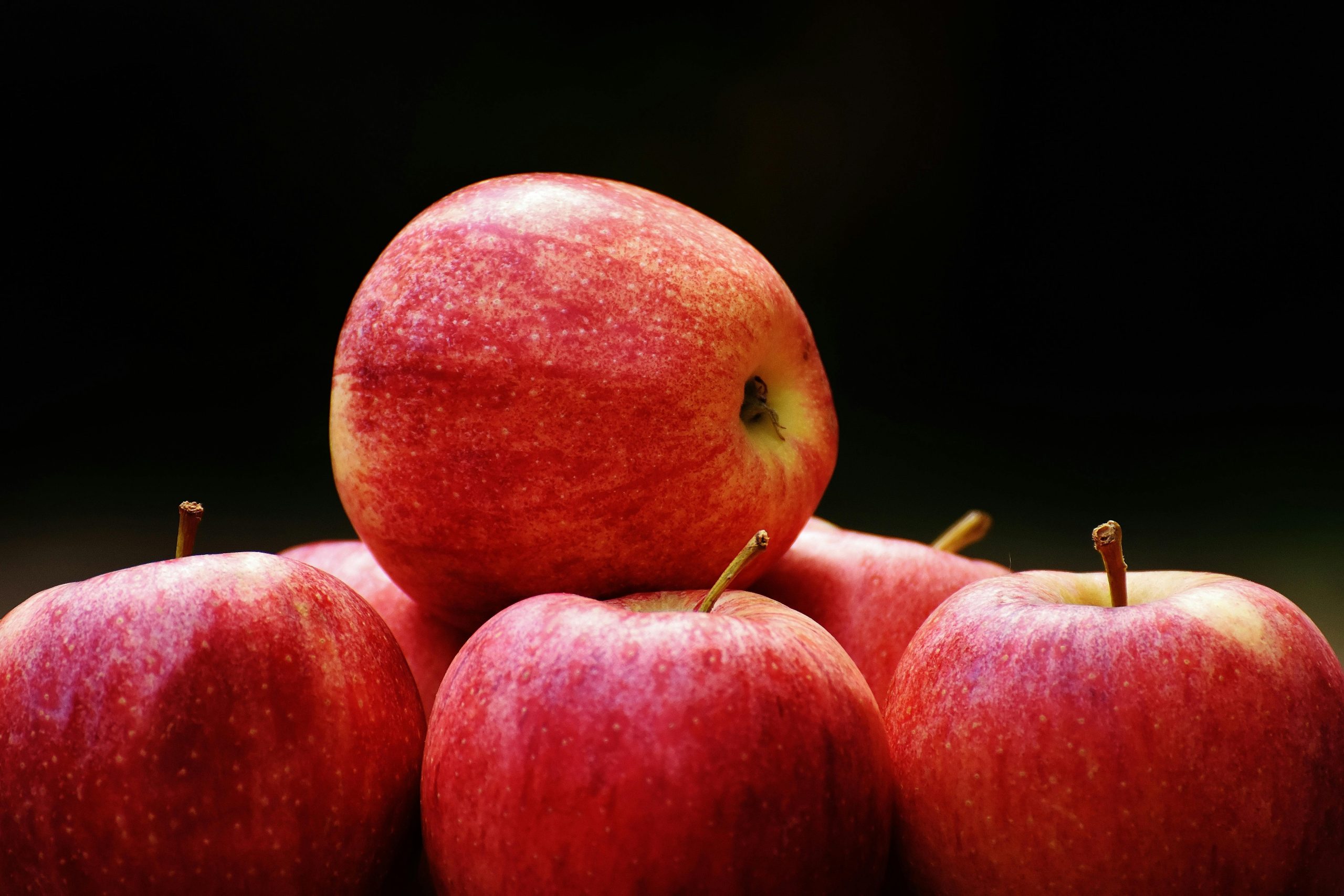The Biden administration has issued transitional standards for school lunches to get cafeterias back on a healthier course as they recover from the pandemic.
Here’s what to expect:
WHAT IS CHANGING?
During the pandemic, schools have struggled to meet the government’s nutrition benchmarks, reported ABC News (Feb. 4) The new “bridge” rule announced by USDA extends emergency flexibilities for the next two school years as schools transition back to normal.
The changes include:
- Schools and child care providers will be allowed to serve low-fat — not just nonfat — flavored milk, alongside low-fat regular milk.
- At least 80% of cereals, breads and rolls — instead of all of them — will have to be whole grain rich.
- The sodium allowed in school lunches will decrease by 10% beginning in 2023-24. This is a smaller reduction than previously planned but aligns with broader sodium reduction targets recently released by the FDA.
The new final rule – Child Nutrition Programs: Transitional Standards for Milk, Whole Grains, and Sodium – establishes the following requirements beginning School Year 2022-2023 ⬇️ pic.twitter.com/fyobiAFuT7
— Dept. of Agriculture (@USDA) February 4, 2022
EFFECTS OF SUPPLY CHAIN WOES
USDA oversees the national school lunch and breakfast programs which serve millions of free and reduced-price meals daily.
Administrators say supply chain problems have made it hard to find foods that meet current standards, while COVID-19 infections and exposures have limited their staff.
A November 2021 survey by the nonprofit School Nutrition Association found more than 96% of respondents cited challenges with suppliers not carrying sufficient whole-grain, low-sodium and low-fat menu items.
NYC SCHOOLS GO VEGAN ON FRIDAYS
Meanwhile, New York City school cafeterias will switch to an entirely vegan menu on Fridays as part of a new policy from Mayor Eric Adams, reported Good Morning America (Feb. 4).
Public school cafeterias in the city have already gone meatless twice a week in an effort to create healthier food options for students.
Adams calling the initiative a way to improve “the quality of life for thousands of New York City students.”
“Plant-based meals are delicious and nutritious, which is why I previously called for vegetarian and vegan options in schools,” Adams said in a statement. “I’m thrilled to see that all students will now have access to healthy foods that will prevent debilitating health conditions.”












